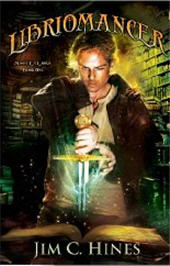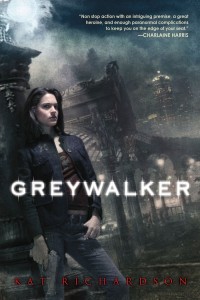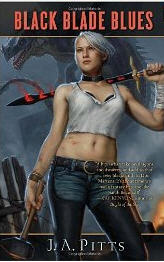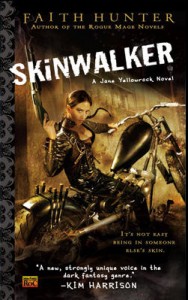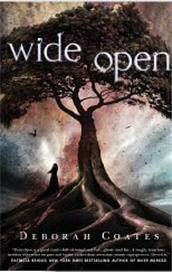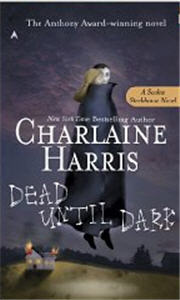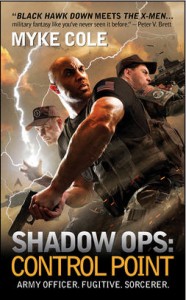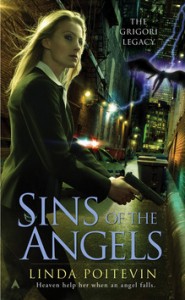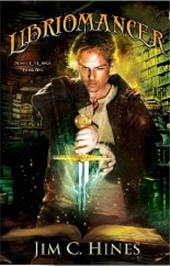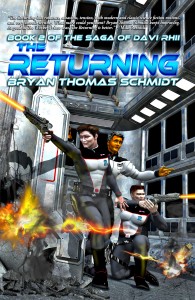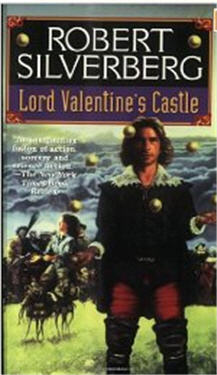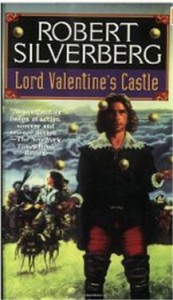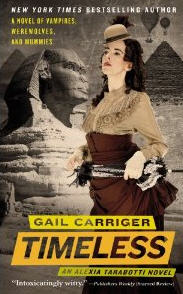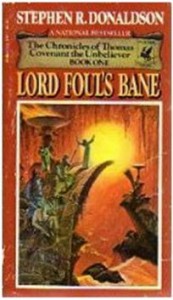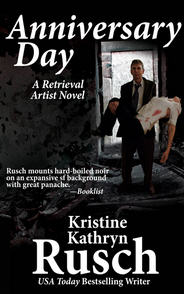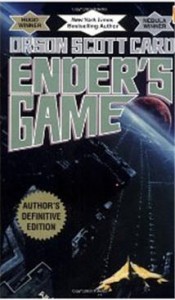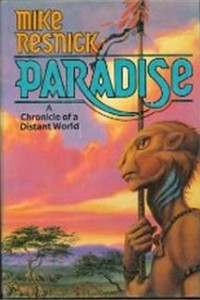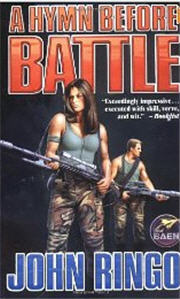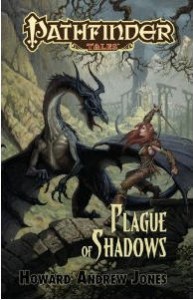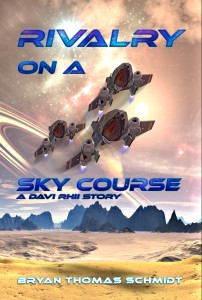 This started out to be a top 10 list. You know the saying: “Advice is like buttholes, everybody’s got one.” And when it comes to writing, advice is like sand on a beach: everywhere. But sifting the sand to separate the pure from the soiled can be tricky. Authors seeking publication approach pros all the time seeking help, opportunity, pitching their novels and stories. And often the difference between positive and negative response lies in the professionalism of the author who’s asking. The more informed you are about the business, the better position you’re in to approach people and sell yourself. But all too many still get it wrong.
This started out to be a top 10 list. You know the saying: “Advice is like buttholes, everybody’s got one.” And when it comes to writing, advice is like sand on a beach: everywhere. But sifting the sand to separate the pure from the soiled can be tricky. Authors seeking publication approach pros all the time seeking help, opportunity, pitching their novels and stories. And often the difference between positive and negative response lies in the professionalism of the author who’s asking. The more informed you are about the business, the better position you’re in to approach people and sell yourself. But all too many still get it wrong.
Then I asked professional authors, editors and publishers I know what advice they wish new authors knew about publishing but don’t and got such diverse and great responses, I didn’t need to write a post, so here they are broken down by category and source. I hope you find them helpful. Although the people I asked are from the Science Fiction and Fantasy end of publishing because those are my circles, most of this advice applies to writers regardless of genre.
According to Publishers:
Jason Sizemore, Publisher of Apex says:
1) Asking me to sign a pledge or promise or contract stating I won’t steal their idea. You might be surprised to know this happens once in awhile.
2) Responding to edits in an unprofessional manner. I’m one of the easiest editors in the business to get along with, so I get doubly annoyed when an author gets snotty about suggested edits. Just tell me what you disagree with and let’s have a professional conversation about them. There is a good chance I will side with the author.
3) Being impatient. Publishing is the proto-typical “hurry up and wait” profession. If that is an aspect of the business you can’t deal with, then you’re probably in the wrong business.
Brian Hades, Publisher of Edge Books, says:
1) Publishers are human.
2) Publishers are dedicated.
3) Publishers have deadlines.
4) Publisherrs have a vision of the future.
5) Publishers want to be your partner.
6) Publisher’s are not on-demand printers.
7) Publishers have submission guidelines for a reason.
8) Publishers do not have spare time.
9) Publishers want your success as much as they want their own.
10) Publishers have a business plan, and think you have one too.
Grace Bridges, Editor and Publisher of Splashdown Books says:
Relationships are the single most important factor in getting published, once you have a good story. Be professional, be polite, don’t be a jerk, but don’t suck up either. Be real, and connect.
According to Editors:
Cat Rambo, freelance editor and author and the former editor of Fantasy Magazine, she’s dealt with a lot of authors selling stories. Here’s what she wishes more of them knew:
Rejections are never personal.
Ellen Datlow, an award-winning editor of magazines an anthologies like Omni and Years Best Fantasy & Horror says:
In the internet age: never email an editor a manuscript before querying them first to make sure it’s all right to do so–neither as an attached file or in the body of an email.
Phil Athans is an author and editor who has worked with Forgotten Realms, Dungeons & Dragons and more. His book The Guide to Writing Fantasy and Science Fiction: 6 Steps to Writing and Publishing Your Bestseller! is filled with great tips for genre writers. He offered one tip:
Do it for anything but the money.
Everyone’s heard all the rags-to-riches stories behind franchise authors like J.K. Rowling and Stephen King, but those stories are actually extremely rare. Most published authors continue to hold down a “day job” in order to afford luxury items like food, electricity, and health care. Publication is not a guarantee of riches, especially in the current Depression, which has hit the publishing business particularly hard. If you’re depending on selling your book in the next couple weeks to make your next mortgage payment you’re in serious trouble. It could take a year or more for your book to be accepted by a publisher, and another couple years after that before it actually hits the bookstore shelves. And by then, any trend you might be trying to surf has long-since passed, so don’t try to write a Hunger Games knock-off. By the time you’re done writing it, the Hunger Games thing will be over. Write because you love to tell stories and have a story of your own you’re dying to tell. That’s how you might become “the next J.K. Rowling.” In fact, that’s precisely how J.K. Rowling did it. Be patient, be prepared to work hard, and do not quit your day job!
According to Authors:
Grandmaster James Gunn is the author of numerous short stories and novels, including The Listeners and The Immortals. He’s also a Professor at University of Kansas where he leads the Center For The Study Of Science Fiction, Ad Astra magazine, and the John W. Campbell Conference and Awards, amongst other things. He says:
I like Fred Pohl’s advice: Everything in a contract is negotiable except the name of the publisher, and even that can be negotiated if the book is wanted enough.
CJ Cherryh is a John W. Campbell, Nebula and Hugo winning author of books like Downbelow Station and Cyteen:
a) nowadays publishing houses want e-rights. They will hold their breath until they get them. If it is a big house able to do them well, this is ok.
b) never sell anybody rights that their company is not large enough or diverse enough to use. Sequester those rights from the contract. IE, you can have ‘first’ ‘North American’ ‘serial rights’ (for a story) or you can have’role-playing’ ‘gaming rights’ or you can have ‘board’ ‘gaming rights’ or you may have the ‘audio reproduction’ rights but not the ‘audio drama’ rights and not ‘audiovisual’ rights or ‘stage production rights’ or ‘motion picture’ rights. It should also say ‘all rights not assigned in this contract belong to the author’.
c) always include something like the following: ‘publication of the Work as an e-book shall not be considered publication as defined in’ [the paragraph where it specifies the kind of print publication and says what the Work is and defines the term ‘in print’.] if it is only for e-publication, be sure to include this: “When in any calendar year the proceeds from e-book sales do not exceed 300.00, all rights shall revert to the author.’ At least it’ll make them cough up enough to buy you a shopping trip.
d) be real damned careful about your shalls and wills when you are writing a contract term. Use of the wrong one can void the clause. Get a lawyer friend to glance over it.
e) terms in book contracts don’t mean the same that they do in any other kind of contract. I have had lawyers who have book contracts come to me, who am not a lawyer, to look over for stingers and problems. ‘Royalty’ is in an application unique to the publishing world, and does not mean royalties in any sense understood by the IRS. Remember this.
f) be real damned sure that in case you or your publisher should be hit by a bus, there is a provision for successors in the contract. A book is property. It can be passed to your heirs. A publishing house is a corporation: it can die, or be sold, and if it is sold, its contracts can be part of the sale. That’s why there’s an ‘heirs and successors’ clause in contracts. This prevents you having to hunt down the dogs to get performance and means they have to deal with your heirs.
g) there should be a performance clause, ie, they have x number of months to get this Work on the stands or published.
h) copyright should always be in the author’s name. Insist.
Bestselling urban fantasy author Kat Richardson (Greywalker) offered this advice:
For me the things that are most irritating are the electronic book clauses and the many forms they can take; in one of my contracts it’s under Electronic Rights and in another from the same publisher, it’s under Display Rights.
Also, be very careful of the agency clauses in the contracts as they define the writer’s relationship with the agency, even though that’s actually none of the publisher’s business, but they can effect the writer to the same or greater degree as the actual agency contract or agreement.
Faith Hunter is a bestselling author of the Jane Yellowrock and Rogue Mage novels, amongst others, and member of the blog team Magical Words and said:
Finish and polish the book *before* you try to find an agent or editor.
Dave Gross writes for computer games by day and fantasy novels by night. His next Pathfinder Tales novel, Queen of Thorns, arrives in mid-October. He offers this advice:
The only universally useful writing advice is: Write. Write often, and write in different ways. Don’t be afraid of imitation. Copy the writers you admire, then rewrite those pieces in a different style. Do that a lot, and then set it aside. Come back to it later and write it in your own voice. Write different genres of story. Write poems. Write plays. Try writing at different times. Write in the morning. Take a nap and when you get up start writing. Write after everyone else has gone to bed. Write in different places and with different tools. Write on the bus or in the park. Write in the middle of a food court. If you use a computer, write in a notebook. Try using a pencil instead of a pen. Write the minute after you get out of a movie while your head is still filled with strange images. Write down your dreams. Imagine the dream someone is having in the house down the street, and write that. Write plenty, and rewrite even more. Maybe you won’t see the difference in a matter of weeks or months, but eventually you will see it. When you do, write about it.
International bestselling author Daniel Abraham has over a dozen books in print and has been short-listed for Hugo, Nebula and World Fantasy Awards. He offers this advice:
Career implosions are normal. Almost everyone who’s been in the business for more than a few years has had their career founder under them at least once. The people who got discouraged are the ones that aren’t around anymore. The folks who stayed are the ones that shrugged off the failures and started trying to break in again. And again. And again
Maurice Broaddus, urban fantasy author (The Knights Of Breton Court) and anthology editor (Dark Faith, Dark Faith 2) suggests:
Guard as many of your rights as possible (the publisher doesn’t need all of them).
Bestselling author Jean Johnson who rights paranormal romance and military science fiction (An Officer’s Duty, A Soldier’s Duty, The Sword, The Cat, The Mage) says:
Spelling, punctuation, grammar, and formatting actually do still count.
Slush pile readers, agents, and editors will discard stories filled with errors, inconsistancies, and a blatant lack of care for the craft of the written word. Even if your name is Stephen King, they will be looking at the manuscript for how good it is as a story, and how well crafted it is as a piece of writing. It may seem unfair, but if they see a lot of technical errors in the way words are spelled, how sentences are structured and punctuated, so on and so forth, they’re not going to want to give you a publishing contract because they will not believe you are professional enough to handle the demands of a contract.
In fact, most literary agencies and publishing houses have a standard “X number of errors in Y number of pages = toss it in the rejection pile” policy. Whether it’s a written, official policy or not, they have too many other manuscripts to wade through to waste time on something that makes their eyes cross and their brains hurt.. Yes, you may have written a story, and you can be proud of that. Yes, you may believe that it’s a good story, good enough to be published, and there’s nothing wrong with believing in yourself and your work. However, that does not entitle you to carelessness, arrogance, or anything else which would suggest an unprofessional attitude. This includes an unprofessional presentation of your written works.
There are points where you can stand up for the formatting you want, or the spelling of a specific word, particularly in genre fiction, but understand that most editors and publishers will want your novel to look its best in the eyes of your future readers. Cooperate beforehand by getting your manuscript beta-edited by someone with good literary skills. Cooperate during the review and editing process by carefully considering the changes suggested. Strive diligently to look for and eliminate errors during the copy-editing and draft-editing stages.
Cultivate and cherish a reputation for producing clean manuscripts as well as the good stories we know you have inside of you. Editors, agents, and especially your future readers will love you for it.
 Bryan Thomas Schmidt is an author and editor of adult and children’s speculative fiction. His debut novel, The Worker Prince(2011) received Honorable Mention on Barnes & Noble Book Club’s Year’s Best Science Fiction Releases for 2011. A sequel The Returning followed in 2012 and The Exodus will appear in 2013, completing the space opera Saga Of Davi Rhii. His first children’s books, 102 More Hilarious Dinosaur Books For Kids (ebook only) and Abraham Lincoln: Dinosaur Hunter- Lost In A Land Of Legends (forthcoming) appeared from Delabarre Publishing in 2012. His short stories have appeared in magazines, anthologies and online. He edited the anthology Space Battles: Full Throttle Space Tales #6 (2012) and is working on World Encounters and Space & Shadows: SpecNoir with coeditor John Helfers, both forthcoming. He hosts #sffwrtcht (Science Fiction & Fantasy Writer’s Chat) Wednesdays at 9 pm ET on Twitter and is an affiliate member of the SFWA.
Bryan Thomas Schmidt is an author and editor of adult and children’s speculative fiction. His debut novel, The Worker Prince(2011) received Honorable Mention on Barnes & Noble Book Club’s Year’s Best Science Fiction Releases for 2011. A sequel The Returning followed in 2012 and The Exodus will appear in 2013, completing the space opera Saga Of Davi Rhii. His first children’s books, 102 More Hilarious Dinosaur Books For Kids (ebook only) and Abraham Lincoln: Dinosaur Hunter- Lost In A Land Of Legends (forthcoming) appeared from Delabarre Publishing in 2012. His short stories have appeared in magazines, anthologies and online. He edited the anthology Space Battles: Full Throttle Space Tales #6 (2012) and is working on World Encounters and Space & Shadows: SpecNoir with coeditor John Helfers, both forthcoming. He hosts #sffwrtcht (Science Fiction & Fantasy Writer’s Chat) Wednesdays at 9 pm ET on Twitter and is an affiliate member of the SFWA.


